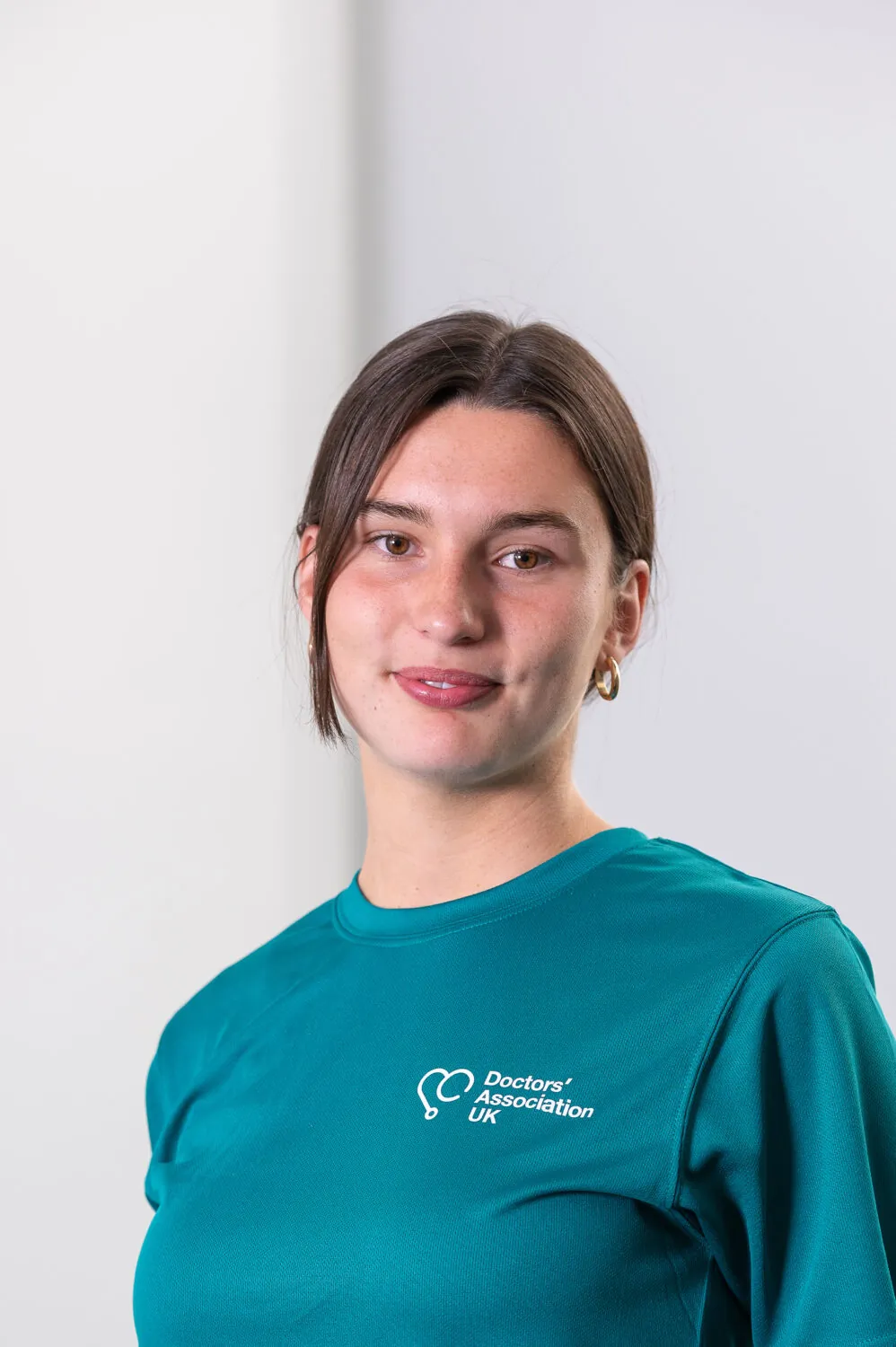The perilous state of social care is adding to the pressures on ambulance waiting times and on hospital beds, says DAUK’s chair.
Ms Helen Fernandes says the lack of investment in social care was causing blockages throughout the NHS.
NHS blockages
Ms Fernandes said: “Patients wait in ambulances because there are no spaces in emergency departments.
“Once they’re in an emergency department, often there’s a trolley wait for hours and hours for them to be assessed.
“After being assessed, and if they need in-hospital treatment, there’s a long wait for a hospital bed.
“One thing that could unlock a lot of these issues is sorting out social care.
“That’s where patients can go when they’re medically fit for discharge rather than waiting in a hospital bed for care in the community to be organised for them.
Social care
“Also, because there is poor care in the community, people reach a crisis point.
“When they’re in a crisis they phone 999 and end up back in the emergency department.
“It’s an awful cycle that just keeps churning. It has been going on for years.”
She was commenting after new NHS figures showed emergency departments experienced their second highest level of attendances on record.
There were 2.39 million attendances at A&Es across England in March. Three-quarters (75%) of patients were admitted, transferred or discharged from A&E departments within four hours.
NHS figures
March was also the busiest ever for ambulance incidents, NHS England figures show.
Despite that category 1 ambulance response times were the fastest since May 2021. The response for category 2 ambulance calls was almost three months quicker than February. It was more than five minutes quicker than March 2024, NHS England said.
The figures show a welcome improvement. And Ms Fernandes urged the Government to invest in social care to further ease many of the pressures on the NHS.
She said: “One of the cheapest ways of looking after people is in the community in their own home with a care package. Not in a hospital bed.
Community care
“If the Government wants to save money they need to look at that.”
Ms Fernandes told BBC Radio listeners about the experience of her aunt, who has dementia but has a full-time carer at home.
Speaking on BBC Radio Humberside, she described how her aunt was medically well but could not be discharged from hospital until she had been assessed by social services as safe to go home.
Ms Fernandes said: “The hospital she was in had three social workers all working flat out.
Assessment
“If I hadn’t have intervened with her very helpful medical team, my aunt would’ve been there even longer than the 10 days she was waiting for this assessment.
“That’s happening up and down the country.”
She added: “At any point at least 20 to 30 per cent of hospital beds are occupied by people who don’t need to be there.”
Please support our work by contributing to our crowd funder or by becoming a member.





